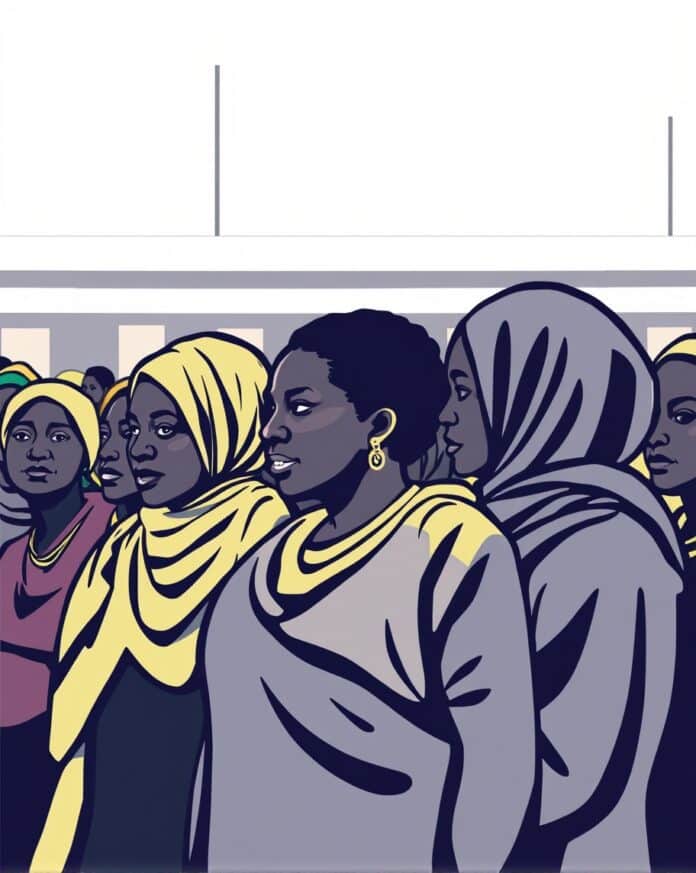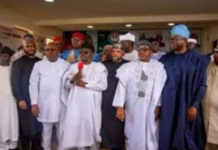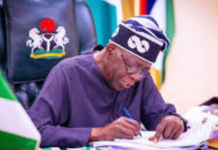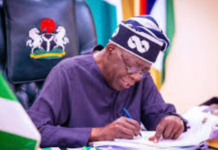In Nigeria, women play an essential role in society, contributing to the country’s development across various sectors. However, in politics, their impact remains limited despite a vibrant history of political engagement. Examining the role of women in Nigerian politics, along with the barriers they face, provides a nuanced understanding of the current landscape and the need for transformative policies that promote gender equality.
Historical Context: Nigerian Women in Politics
Historically, Nigerian women have contributed significantly to the political landscape. Influential figures like Funmilayo Ransome-Kuti, who fought for women’s rights and political inclusion, and Queen Amina of Zazzau, who led her people into battle and governance, exemplify the strong legacy of female leadership in Nigeria. However, colonialism and post-colonial leadership structures reinforced patriarchal norms, sidelining women from active political participation.
Since Nigeria gained independence in 1960, several constitutional reforms and international commitments have aimed to improve gender inclusivity. For instance, Nigeria ratified the United Nations Convention on the Elimination of All Forms of Discrimination Against Women (CEDAW) and the African Union’s Maputo Protocol, which emphasizes women’s participation in governance. Despite these efforts, women remain largely underrepresented in political decision-making roles.
The Current Role of Women in Nigerian Politics
Although women’s political representation has gradually increased, it remains far from adequate. In recent years, women have attained leadership roles in politics, both at state and national levels, but their presence is often symbolic, with very few holding influential decision-making positions. Currently, women occupy less than 7% of seats in the National Assembly, a stark contrast to the global average of about 25%.
Women in Nigeria contribute actively to political processes, mobilizing voters and advocating for community development. Many participate in grassroots campaigns, acting as community organizers, voters, and campaign influencers. Women’s wings within political parties also play a critical role in promoting gender-sensitive policies and rallying support. However, the representation of women as elected officials remains disproportionately low compared to their male counterparts.
Barriers to Women’s Political Participation
The limited political participation of women in Nigeria is due to a complex interplay of sociocultural, economic, institutional, and structural barriers. These challenges undermine efforts to create a more inclusive political environment for women and limit the effectiveness of the country’s democracy.
1.Cultural and Patriarchal Norms: Traditional beliefs and gender roles often discourage women from seeking leadership positions. Society tends to view politics as a male-dominated sphere, while women’s roles are often confined to domestic duties. This stereotype is pervasive, leading to a lack of societal support for women who pursue political ambitions.
2.Economic Constraints: Politics in Nigeria is highly capital-intensive. Campaigns require substantial financial resources, which many women lack due to gendered economic disparities. With limited access to financing, women struggle to compete against their male counterparts who often benefit from greater financial networks and resources.
3.Violence and Security Issues: Political violence is a common occurrence in Nigerian politics, deterring many women from participating. Harassment, intimidation, and even physical violence against female candidates are reported frequently, creating a hostile environment. Such insecurity discourages women from pursuing political office due to fears for their safety.
4.Institutional Barriers: Nigeria’s political system is structured in a way that disadvantages women. Political parties are male-dominated, and party structures often lack support mechanisms to encourage female participation. Additionally, gender biases within parties prevent women from securing nominations or gaining influential roles within party hierarchies.
5.Lack of Role Models and Mentorship: The scarcity of female role models in Nigerian politics limits opportunities for mentorship. Young women interested in politics often struggle to find mentors who can guide them through the complexities of political engagement. This gap perpetuates a cycle of underrepresentation as few women have the support needed to succeed.
6.Legal and Policy Gaps: Although Nigeria has ratified international conventions advocating gender equality, there are limited policies enforcing gender quotas within the political system. Gender quotas have proven effective in other countries to increase women’s representation, but Nigeria has yet to implement a robust quota system.
Towards a More Inclusive Political System
Overcoming the barriers to women’s participation in Nigerian politics requires a multifaceted approach. Addressing these challenges can foster a more inclusive environment where women are better represented and can contribute fully to governance and policymaking.
1.Cultural Reorientation and Advocacy: Changing societal perceptions about women’s roles in leadership is critical. Awareness campaigns, community dialogues, and gender-sensitive educational programs can help reshape societal attitudes towards women in politics. Media representation of women as capable leaders is also crucial in challenging stereotypes.
2.Economic Empowerment and Support: Providing financial support and incentives for female candidates can help bridge the financial gap. Government and NGOs can establish funds or grants specifically for female politicians. Additionally, empowering women through entrepreneurship and financial literacy programs can boost their economic standing and political confidence.
3.Strengthening Legal Frameworks: The implementation of gender quotas within political parties and legislative bodies can help increase women’s representation. Constitutional reforms mandating a minimum percentage of female candidates in elections would pave the way for greater inclusivity.
4.Providing a Safe Political Environment: Addressing violence and harassment in politics through stringent regulations is essential. The Nigerian government should enforce laws that protect women from political violence, creating an environment where women can participate without fear.
5.Mentorship and Leadership Programs: Establishing mentorship programs can equip young women with the skills and guidance necessary to navigate political careers. Such programs, facilitated by established female leaders and NGOs, can inspire and support women as they enter politics.
6.Institutional Support within Political Parties: Political parties need to prioritize gender inclusivity, establishing policies that encourage female participation. Creating women’s committees within parties, as well as positions dedicated to promoting gender equality, can improve internal party dynamics and support female candidates.
Conclusion
The role of women in Nigerian politics is both significant and stymied by numerous barriers. While women have shown resilience and dedication to improving Nigeria’s socio-political landscape, they continue to face overwhelming challenges that hinder full participation in political leadership. Addressing these barriers requires a commitment from all levels of society—government, institutions, communities, and individuals. A politically inclusive Nigeria not only benefits women but strengthens the democratic framework, fostering a society where governance reflects the diverse voices of its people. By breaking down barriers and amplifying women’s voices, Nigeria can move toward a more balanced, equitable, and prosperous future.


















